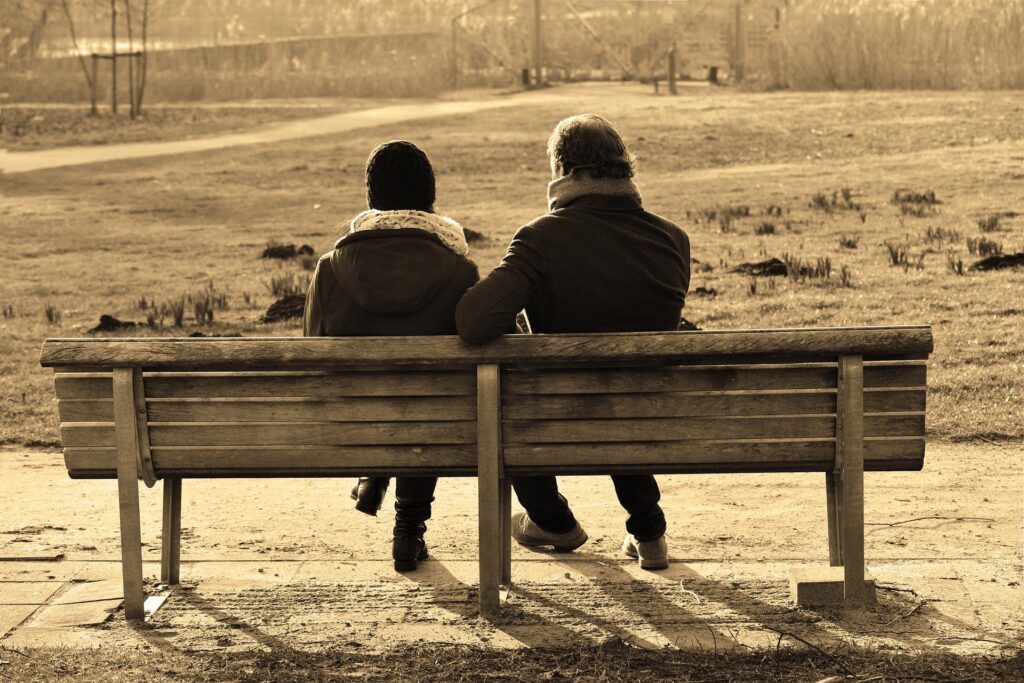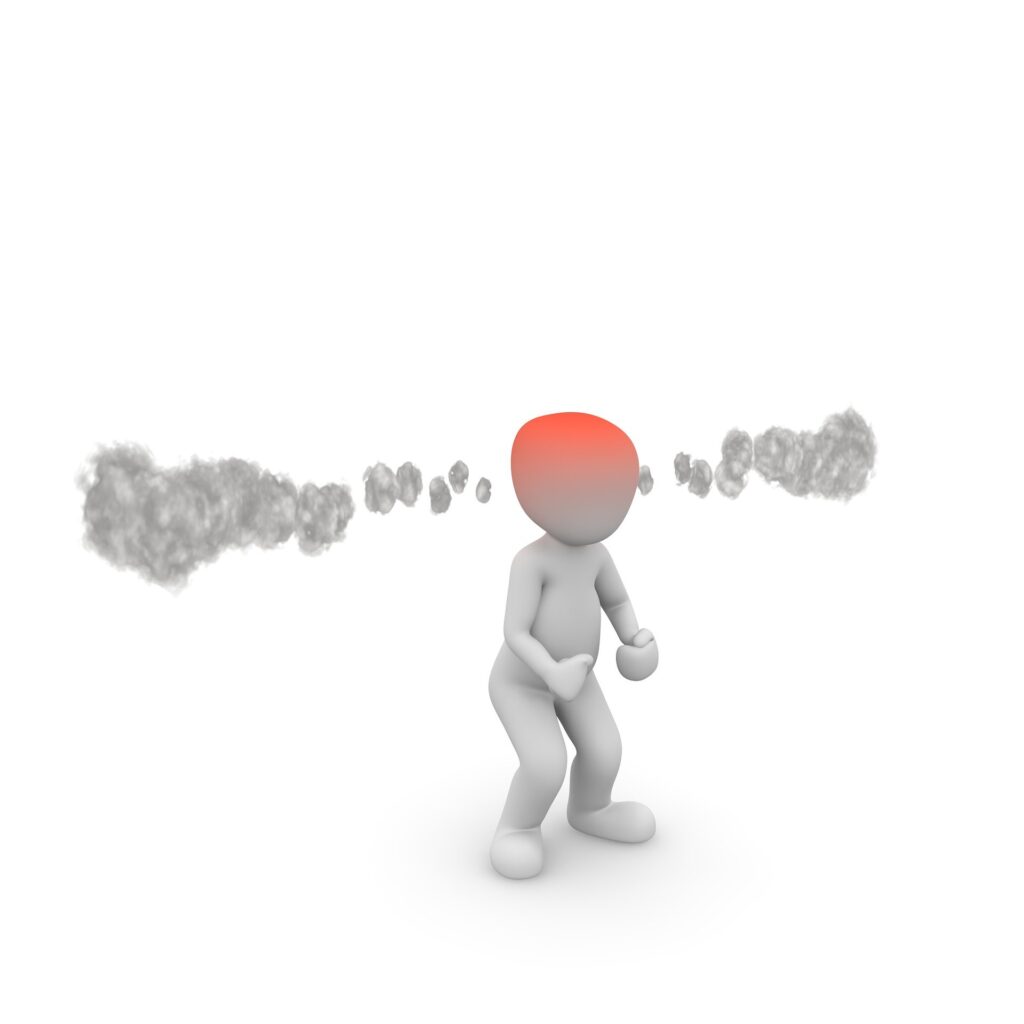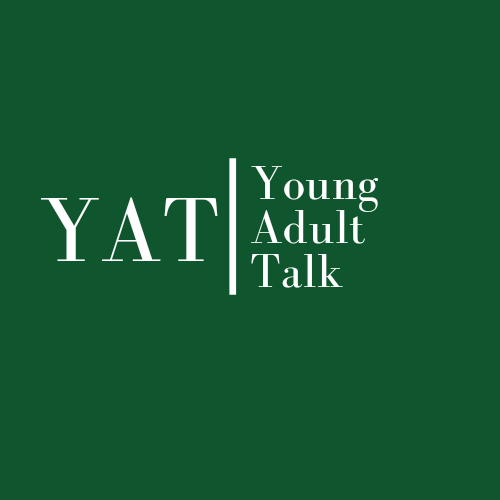Honesty is telling and living by the truth. Honesty is authentically expressing in words and actions, what you believe to be the truth. It’s acting outwardly what you believe inwardly. Honesty is especially harder when the stakes are higher; when the price of honesty can threaten a relationship, when speaking up your mind makes you stand a risk of being judged, when expressing your honest intimate feelings could damage your friendship in case the feelings are not mutual. Honesty isn’t always the easiest path to take and it’s for that reason that most people choose to be dishonest.
Being dishonest by what you say is one thing (dishonesty by commission), being dishonest by what you don’t say is another (dishonesty by omission). You might think the latter is less harmful, but as shall be discussed in this article, dishonesty by omission is more detrimental than it seems, both to you and to the people around you. This article looks at instances in which one might be dishonest, how being dishonest affects you, and winds up with a call to honest living.
Instances in which one might be dishonest;
Self-expression; Most people have a hard time expressing themselves, especially when it comes to emotions like anger or intimacy. Anger for instance is usually taken to be a negative emotion thus its expression is usually associated with a fear of judgment ‘what if people think you’re mean or selfish’. Emotions like feelings of intimacy are associated with a fear of rejection. That’s why in such instances, it’s usually easier to simply bite one’s tongue and avoid the possible repercussions that result from honesty.

Tough conversations; Honesty is even harder when it comes to tough conversations, conversations like; a friend whose drinking is spiraling out of control, a sibling who’s in a toxic relationship, asking your boss for that raise that you really need or having that conversation with your parent about that alternative career path you’re considering. Such conversations are associated with a fear of conflict that may ensue, it’s even worse when it’s a close relationship. ‘what if you hurt someone’s feelings’, ‘what if they stop looking at you the same way’
Boundaries; Every one ought to have boundaries; personal values and principles that shouldn’t be crossed. The problem comes in when you allow someone to walk all over you and violate your principles and values. This is majorly a problem for people who are too agreeable. It might be disguised as being excessively kind and selfless, to the point that other people’s happiness and wellness comes before yours. However, there’s no virtue in being spineless and allowing other people to walk all over you. Sometimes it’s caused by a fear of loneliness, for example; putting up with a friend that doesn’t value you just because you fear you’ll be lonely without them. Sometimes it’s cause by a low sense of self-worth, for example; putting up with a spouse who mistreats you because you don’t feel you deserve anymore and are even lucky to have them.

Vulnerability; Honesty is hard when it involves admitting one’s vulnerability. We all struggle sometimes and it’s good to open up and seek help. Reaching out for help is tough; you have to humble your ego and admit you can’t always figure it out on your own, you have to be strong enough to be vulnerable to someone else. You have to take a risk and confide in someone; ‘what if they think you’re weak or childish’, ‘what if they realize you’re not as perfect as they thought’. Here’s an entire article I wrote about vulnerability. (link)
Dishonesty usually has subtle yet serious effects on you and the people around you and here’s how:
Misplaced rage: In the book; Design for wholeness, the authors give an analogy for stored rage as a pressure cooker whose pressure keeps piling but isn’t released. Negative emotions like anger seldom go away, if not let out in an appropriate way, they may end up misdirected to a person who doesn’t deserve it. Picture a working mother who’s occasionally harassed by her boss, she chooses not to retaliate but rather withstand all the ill treatment, mostly because her boss is a person of authority. When she goes home, chances are that a single stained rag might have her go into a verbal rampage at her kids, the smallest of irritations may act as an outlet for her built up rage. This can easily hurt your other relationships and do nothing to even mend the problem that caused it in the first place.

Passive aggression: This is a subtler indirect kind of hostility. The person doing it is hostile not by what they do, but rather what they don’t do. In 12 rules for life by Jordan Peterson, the author gives an example of a parent who isn’t assertive and firm enough when correcting their child even in instances where the child does something that annoys them. Picture an over protective mother who pampers their toddler; doesn’t dare bark or yell at them even if the child disrespects them. Her version of ideal parenting doesn’t involve anything that can hurt the child’s feelings, so she lets all the disrespect and insults slide. However, that stored anger manifests itself in other ways, passive aggression is one of them. The next time the child makes an advancement to play a game or even just talk, the mother might just ignore the child or give them a cold stare. Passive aggression at its worst can be even more painful than direct hostility.
Apathetic hostility: This is similar to passive aggression although there’s a difference. Passive aggression is in most cases subconscious and unintentional. For apathetic hostility, one intentionally chooses not to tell the truth because of an uncaring kind of attitude. Take for example a family member has a drinking problem, but everyone chooses to ignore it and not say anything. None of them wants to risk stirring up conflict and so choose to look the other way. They all treat the situation with apathy. That ‘leave and let live’ approach.
Internal resentment: Sometimes the repressed rage turns inwards; you become resentful towards yourself for not saying the truth you knew you had to say; the moments someone walked over you but you didn’t say anything, moments when your values were violated but you kept silent instead of standing up for yourself, moments when you could have spoken up about how you’d prefer to be treated. All this turns into self-resentment.

The truth, the whole truth and nothing but the truth, a call to honest living. Honesty is one of the highest virtues you can ever have, it goes beyond improving your quality of life but also improves the quality of life everyone else around you. Honesty improves your quality of life because it makes you more authentic and rids you of any internal resentment for holding back in moments you should have expressed yourself -doesn’t matter whether you’re right or wrong, at least you spoke your mind.
Honesty improves the quality of life for people around you by giving you the courage to say what’s hard to say but everybody knows is necessary; it might be a general social ill that needs to be addressed, or a family member who needs to be put in line. Don’t shy away from tough conversations, they have a cleansing effect. From the aftermath and conflict and instability, new, richer and healthier relationships can be fostered. When the dust settles, you’ll be proud of yourself for having the courage to say the truth. When emotions are calmed, you’ll be thanked for having the guts to say what everyone else couldn’t. Say the truth, and the truth shall set you free.

